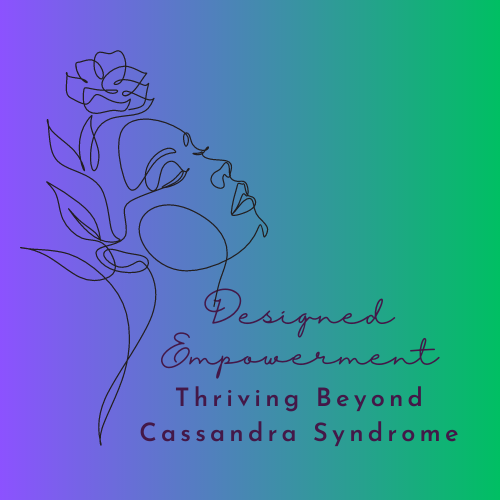Understanding Asperger's in Your Husband: The Signs and Your Journey
Recognizing autism in adults can be a nuanced and emotional discovery. If you find yourself at a crossroads in your relationship, feeling that the weight of understanding rests on your shoulders, you are not alone. Many share this silent journey of unraveling the complex tapestry of neurodiverse relationships.
The signs of Autism Spectrum Disorder (ASD), which Asperger's falls under, can vary widely but often include social challenges, repetitive behaviors, and atypical communication patterns. Perhaps your husband struggles with social cues, or maybe there's an intensity in his focus on particular interests that seems to eclipse everything else, including the emotional climate of your home.
In our 8-week coaching program, we delve into these signs with sensitivity and depth, guiding you towards clarity about the spectrum and yourself. We understand the myriad of feelings, from sorrow and regret to the exhaustion of feeling unseen and unheard. It's a place where your voice finds resonance and your experiences are validated.
We honor your journey by providing a compassionate community and expert guidance to help you navigate the complexities of a neurodiverse relationship. Together, we explore strategies for communication, personal well-being, and reconnection with your inner strength.
You might be feeling emotionally shut down, questioning your identity beyond the roles you've taken on. This program is designed to help you reclaim your narrative, release the pent-up resentment, and find a path to forgiveness and understanding that aligns with who you are and wish to be.
The next chapter is waiting to be written, and it begins with a step toward self-discovery and partnership understanding. It's not just about coping—it's about thriving. Visit Thriving Beyond Cassandra Syndrome to start a new chapter in your relationship and in your life.
